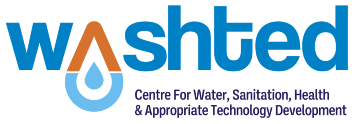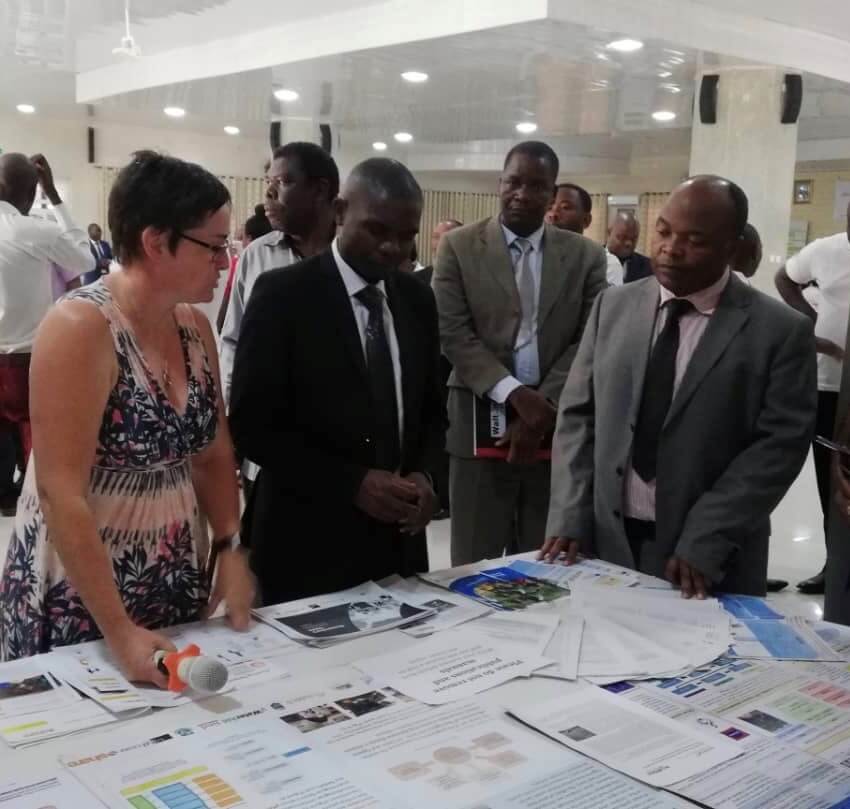
A member of the team having a discussion with an adolescent
It has been a quite exciting 3 weeks from February 4th 2024 for the WASH team of the NIHR Global Health Research Group on Adolescent Health and Wellbeing in Malawi who have started their formative data collection in Mchinji District and will later implement the same in Blantyre Urban from 11th March 2024. The baseline data collection aims to understand the current WASH status in schools & communities and the role that WASH play in the health and well-being of adolescents. Of which the outcomes will support in co-designing of adolescent targeted WASH interventions and piloting. The community engagements activities which happened at different levels from the responsible District offices to the participants months before the data collection, paved a way for a smooth data collection exercise as participants and other stakeholders were aware of the project in general and the data collection exercise. Headteachers and School Health & Nutrition (SHN) Teachers supported in mobilizing in-school adolescents while in the communities’ adolescents were mobilized by the Health Surveillance Assistants (HSAs).
Different data collection methods and tools such as Key Informant Interviews (KIIs), Surveys, In-Depth Interviews (IDIs), Focus Group Discussions (FGDs) and observations were being used to ensure that adequate information has been collected from adolescents and other stakeholders. Not only that, but also innovative and participatory data collection methods such as Photovoice and Arts (drawing) were also incorporated to allow adolescents to voice out more their concerns.

A photovoice participant practicing camera use during photovoice introduction sessions
Furthermore, it was amazing to see adolescents expressing their WASH concerns through drawings (arts). They all thought they needed to have sharp arts skills to participate, but to their surprise, as long as they wanted to communicate something related to the research question “what are the Water, Sanitation & Hygiene challenges at school or home which are affecting your health & well-being” drawing was possible.

A drawing by one of the participants of Water supply challenges in the community
Overall, the data collection exercise in Mchinji was a success. About 185 adolescents, in school and out of school combined were reached. These were adolescents and key informants from Ulira, Mbachundu, Dole, Our lady of Mount Carmel and Chimwankango Primary Schools and their surrounding communities. While the WASH team is looking forward to anlaysing the data, participants are more eager to know the study outcomes and map the way forward.
“I think I should say that research like this should happen more often so we could learn more. As you have started this research and when the actual findings have been established, you should share them openly. Other organizations come and conducts research but they don’t give feedback. We will appreciate that whatever we have discussed here and what you will discuss with others, after analysis bring it here so we can implement something”- Male Headteacher



